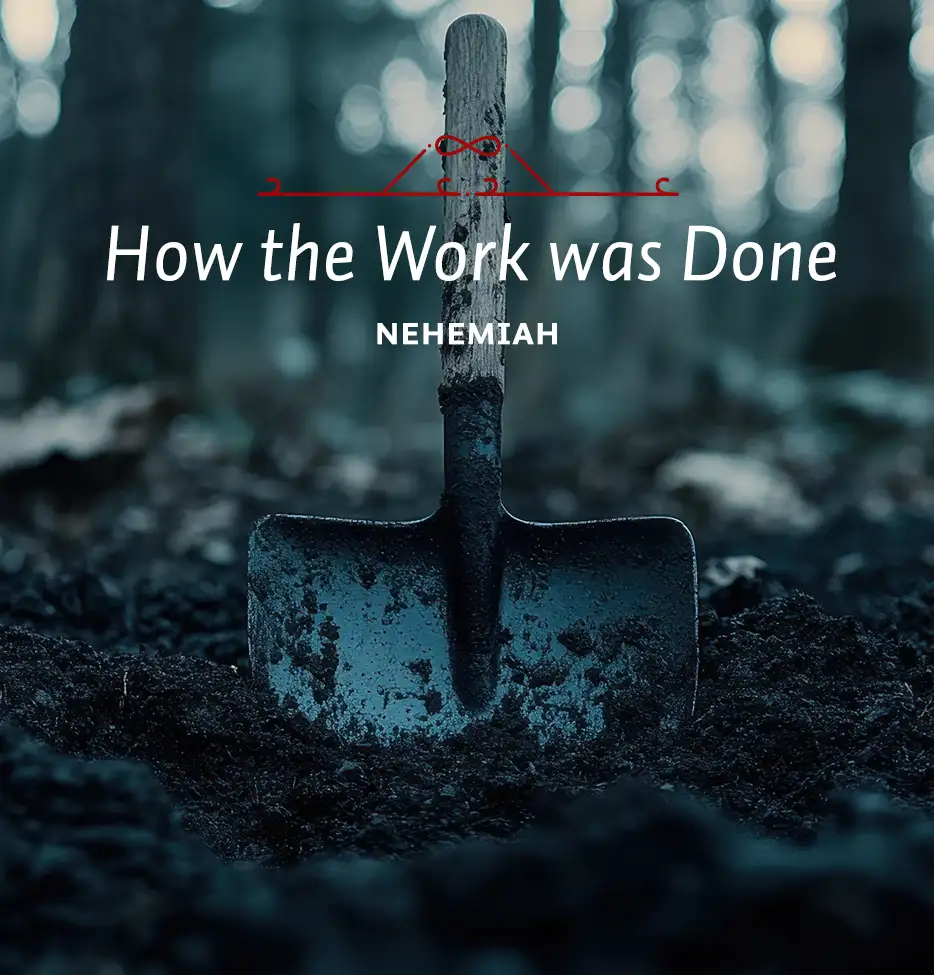Yesterday, we considered some of the different types of workers Nehemiah used to rebuild the wall of Jerusalem. Today we look at some others who were also involved.
City officials. At several points in these lists there occur the names of people said to be rulers over a certain district or sub-district. It is important that these city officials or rulers were not above pitching in to work alongside the poorer people of Jerusalem or the middle class.
Women. Women were not expected to do construction work but some of them did, as verse 12 tells us. We are told of repairs made by Shallum, ruler of a half-district of Jerusalem “with the help of his daughters.”
Bachelors. Cyril Barber notes astutely that certain bachelors also cooperated in the rebuilding of the wall though they obviously did not have either wives or children to protect. They are mentioned in verse 23. Their names were Benjamin and Hasshub. They lived together in one house.
Temple servants. These are mentioned in verse 26 as “living on the hill of Ophel” and as making repairs “up to a point opposite the Water Gate toward the east and the projecting tower.” This was their area of the city. They were taking responsibility for it.
City guards. One is mentioned, though there may have been others. His name was Shemaiah (v. 29). He would have been the Jews’ equivalent of a security official or policeman.
Merchants. Finally, toward the end of the chapter, there is mention of merchants: “Between the room above the corner and the Sheep Gate the goldsmiths and merchants made repairs” (v. 32). Their business was trade. We might expect them to have been trading now, profiting by the situation. Apparently they were not. They were working with the others.
What a remarkable achievement! Yet in fairness (and perhaps as an encouragement to ourselves) it is necessary to say that Nehemiah did not achieve total success. The cooperation was remarkable, but according to verse 5, the nobles of Tekoa, unlike the other nobles, “would not put their shoulders to the work.”
It is worth noting, however, that the aloof disgruntlement of their leaders did not hinder the men of Tekoa. For not only did they build the section of the wall referred to in verse 5, they apparently built another section too, after the first was finished. Nehemiah records this achievement in verse 27.
The success of Nehemiah in marshalling the entire population of Judah in this enterprise is something we need to take special note of today. For today in the church everyone is also to be involved. Ephesians 4:11-13 tells us what the proper pattern is to be: “It was he [Jesus] who gave some to be apostles, some to be prophets, some to be evangelists, and some to be pastors and teachers, to prepare God’s people for works of service, so that the body of Christ may be built up until we all reach unity in the faith and in the knowledge of the Son of God and become mature, attaining to the whole measure of the fullness of Christ.”
This is the basis of what Bible teachers today call “an every member ministry.” It means that the ministers in the churches are to prepare the people in the churches to do the churches’ work. That is, clergy are to teach the laity, and the laity are to do the work of serving each other and the world. Unfortunately, many churches have it completely turned around. It is said that today the churches more than anything else resemble a football game played in a large stadium. There are 80,000 spectators in the stands who badly need some exercise, and there are twenty-two men on the field who badly need a rest.






